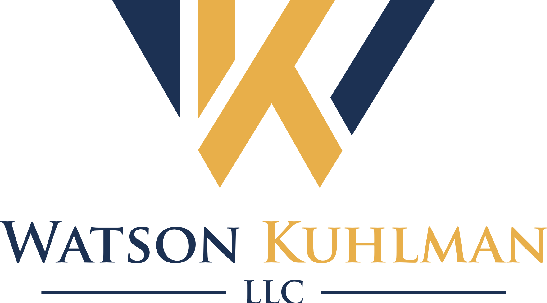How Important Is Choosing the Right Legal Structure for a New Business?
Choosing the right legal structure is one of the most critical decisions in starting a new business. Legal structure can affect multiple aspects of business operations, from management to liability protection to taxation. Several options are available under Ohio business formation laws. Two of the most popular types of business entities are limited liability companies (LLCs) and corporations, each of which has its own unique benefits and drawbacks.
What Types of Business Legal Structures Are Available in Ohio?
Entrepreneurs in Ohio can choose from several types of structures when forming a new business, each offering different advantages in terms of taxation, management, and liability. The most common types of legal structures are:
- Sole proprietorship: An unincorporated business with one owner who pays personal income tax on the profits.
- General partnership: A business arrangement by which two or more persons share assets, profits, liabilities, and responsibilities of a jointly owned business.
- Limited partnership: A business entity with at least one general partner who has unlimited personal liability and one limited partner whose liability is limited to his or her investment in the company.
- Limited liability company: A business structure that combines the asset protection of a corporation and the simplicity of a sole proprietorship or partnership.
- Corporation: A C-corporation is a business legal structure that separates the assets and income of its owners from the entity. An S-corporation passes its income, losses, deductions and credits through to shareholders, avoiding double taxation on corporate income.
Why Are LLCs and Corporations the Most Popular Types of Business Entities?
For most business owners, limited liability companies and corporations provide the best balance between liability protection and operation flexibility.
- An LLC is a flexible business structure that combines features of both a partnership and a corporation. It provides limited liability protection for owners (members) while maintaining a more straightforward tax and management structure.
- A corporation is a more formal entity separate from its owners (shareholders). It provides strong liability protection but has more complex operational requirements, particularly regarding compliance and taxation.
What Are the Key Differences Between LLCs and Corporations in Ohio?
Ohio law governing limited liability companies is primarily found in the Ohio Revised Code, Chapter 1706, also known as the Ohio Revised Limited Liability Company Act. State law on general corporations is found in the Ohio Revised Code, Chapter 1701. The following is a comparison of these two types of entities in several important aspects of business operations:
Ownership and Management
Ownership and management structures differ significantly between corporations and LLCs.
- LLCs: A limited liability company can have one or more owners, who are known as members and may be individuals, other LLCs, or corporations. LLCs can be managed by their members or appointed managers for flexibility in management structure.
- Corporations: Shareholders who own stock in the company are the owners of a corporation. The number of shareholders can range from one in a closely held corporation to thousands in a publicly traded corporation. A board of directors responsible for significant business decisions and overseeing operations must be appointed. The board appoints corporate officers (CEOs, CFOs, etc.) to manage the corporation day-to-day.
Liability Protection
- LLCs: The personal assets of LLC members are typically protected from the debts and liabilities of the business. However, members can still be personally liable in certain situations, such as cases in which they have personally guaranteed a loan.
- Corporations: Corporations provide strong liability protection for shareholders, shielding their personal assets from the debts and liabilities of the company. The “corporate veil” is one of the most critical advantages of corporations for business owners who want protection from personal exposure to creditors or lawsuits.
Taxation
Taxation is an important factor to consider when deciding between an LLC or corporation entity structure.
- LLCs: By default, LLCs are taxed as pass-through entities, meaning the profits and losses of the LLC are reported on the personal tax returns of its members. This structure allows for the avoidance of double taxation. LLCs also have the option to be taxed as corporations if desired. LLC members are considered self-employed and must pay self-employment taxes (Social Security and Medicare taxes) on their share of the profits.
- Corporations: Corporations are subject to double taxation by default. The corporation pays taxes on its profits, and the shareholders pay taxes on the dividends they receive. However, corporations can elect to be taxed as S-corporations, allowing profits to be passed through to shareholders and not taxed at the corporate level. S- corps have strict eligibility requirements, including limitations on the number of shareholders.
Regulatory Compliance
The burdens of regulatory compliance are greater for corporations than LLCs. In Ohio, corporations must file annual reports with associated fees to remain in good standing with the state. LLCs must only file every two years, with lower filing fees.
Corporations must hold annual shareholder meetings, maintain detailed corporate records, and keep minutes of important decisions made by the board of directors. LLCs are not required to hold formal meetings or keep detailed records. It is recommended that they keep records of business agreements and major decisions.
The type of legal structure you choose for a new business can make a difference in essential aspects of future operations. Our experienced business lawyers at Watson Kuhlman, LLC can advise you on the available options and help you make the right choice based on the nature and goals of the business. Contact us at 216-208-7858 for a free initial consultation.


 Email Us Now
Email Us Now







